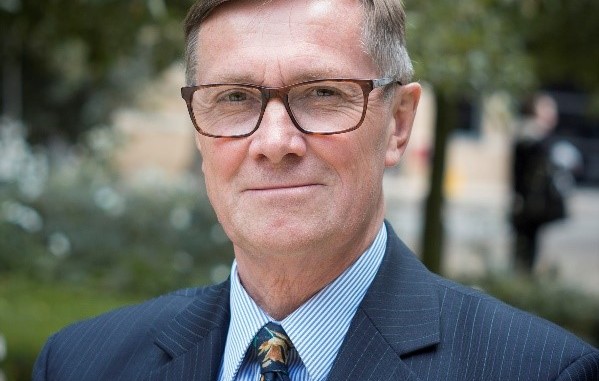
What are the ethical implications of improvement research and practice? Peter Littlejohns, deputy director of the CLAHRC and public health theme lead provides an overview of a recent workshop exploring this topic.
On Monday 29 April I headed north to the University of Liverpool for a workshop on the ethical implications of improvement research and practice. However, it was not that far to go as this Liverpool site was only just north of the river, at the University’s London campus in Finsbury Square, near Moorgate.
Colleagues from King’s College London, Professor Alan Cribb and Dr Polly Mitchell (the latter my co-author on a number of CLAHRC-supported health policy analysis papers – the latest one in the Journal of the Royal Society of Medicine) had joined up with Dr Lucy Frith from the University of Liverpool and others to discuss healthcare improvement and bioethics and to kick-start a network on that theme. The workshop, supported by the Institute of Medical Ethics, brought together interested people from around the world to begin to define a research agenda. Professor Annette Boaz from CLAHRC South London also attended. Alan Cribb gave the opening talk, introducing a new five-year Wellcome Trust-funded project on this theme called “But why is that better?”, which is investigating what applied philosophy and ethics can bring to quality improvement work in healthcare.
The day positively shone with bioethical talent from as far away as Germany, Australia and Singapore. The presentations ranged from the theoretical – Professor Justin Waring’s talk entitled “The good shepherds? Shaping the moralities of ab/normalising improvement” used Foucault as a reference point and likened the health improvement process to a religious movement – to ethical issues raised by day-to-day clinical practice. Dr Zoe Fritz, a Wellcome Fellow in Society and Ethics, and a consultant physician in acute medicine at Addenbrooke’s Hospital in Cambridge described how her moral unease at witnessing how the “do not cardiac resuscitate form” was being used routinely triggered the creation of the “ReSPECT” approach. This approach encourages clinicians and patients to work together to create a set of personalised recommendations for a person’s clinical care in a future emergency.
Dr Paula Baraitser from King’s College London described how modern technology was revolutionising day-to-day management of sexually transmitted disease. This issue of the appropriate use of modern technology was also addressed by Dr Holger Langhof from Berlin in his “ethics by design” talk exploring the ethical implications of ‘Big Data’. From further afield Professor Stacy Carter from the Australian Centre for Health Engagement Evidence and Values at Wollongong University, posed the question I have used as my blog title. She highlighted, using cancer screening in Australia as an example, how the role of a new research programme should be to make underlying values explicit. Dr Anna Chiumento, from the University of Liverpool, explored the ethical challenges of mental health improvement research in low- and middle-income countries. Finally, Professor Vikki Entwistle from the University of Singapore highlighted that attention to the “micro-system” of health improvement as well as the more general macro systems may help alleviate inequity in healthcare.
This workshop was just the beginning of a new exciting research programme and I would encourage CLAHRC colleagues to get in touch with Polly Mitchell, postdoctoral research fellow in bioethics and public policy at King’s College London, to discuss how your healthcare improvement work might benefit from an ethical perspective.
Anyone interested in being included in the emerging healthcare improvement and bioethics network should contact any of the organisers:
- Alan Cribb, Professor of Bioethics and Education at King’s College London
- Lucy Frith, Reader in Bioethics and Social Science at Liverpool University
- Stacy Carter, Director of the Australian Centre for Health Engagement, Evidence and Values
- Vikki Entwistle, Professor of Bioethics and Director of the Centre for Biomedical Ethics at the National University of Singapore.

Leave a Reply